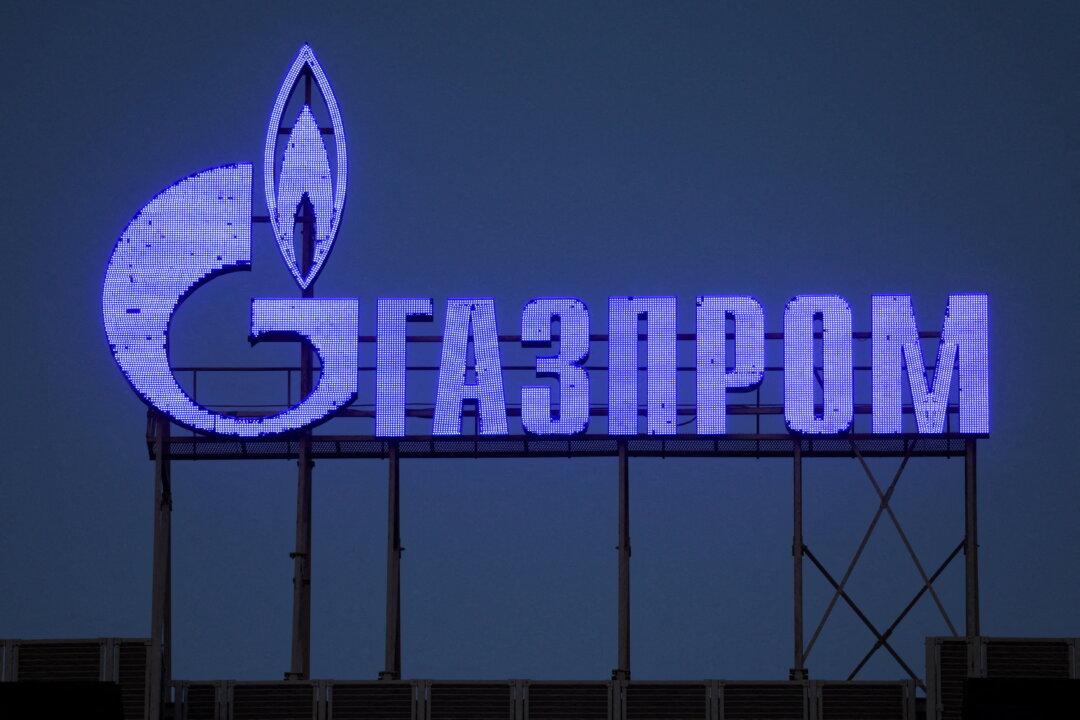Russia’s state-run energy giant Gazprom said Thursday that gas volumes that could potentially run from Russia to Turkey via the Black Sea may be comparable to that which was previously transported through Baltic pipelines that are no longer working following sabotage to the Nord Stream pipelines
Gazprom CEO Alexey Miller made the comments to Russia’s Channel One, according to TASS news agency.




